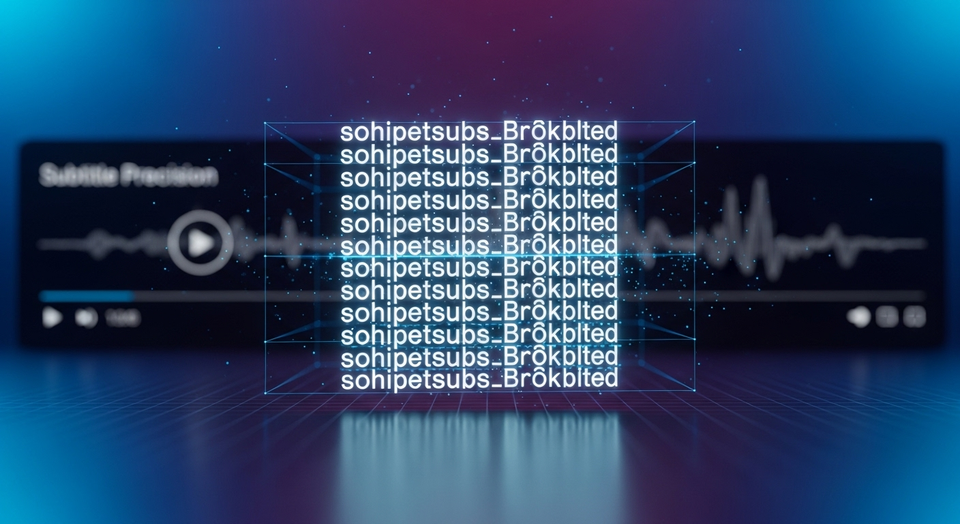AI: Terminal is the New Browser
AI is making the command line accessible to everyone. Control your computer with natural language and unlock unprecedented productivity. The terminal is the new browser!

Imagine a world where you can control your computer with simple, natural language, unlocking unprecedented levels of productivity. For years, the command-line interface (CLI), accessed through the terminal, has been a powerful tool for developers and system administrators. However, its steep learning curve has kept it out of reach for the average user. Now, with the advent of AI code assistants, the terminal is poised to become the new browser, offering a seamless and intuitive way to interact with your machine.
The Terminal's Untapped Potential and the CLI Barrier
The terminal offers unparalleled power and flexibility. It allows for automation of repetitive tasks, direct access to system resources, and the ability to chain together complex operations. Its inherent advantages include:
- Automation: Scripting allows for automating virtually any task.
- Performance: Direct access to system resources often results in faster execution compared to GUI-based applications.
- Universality: The terminal is available on virtually every operating system.
- Programmability: The CLI can be extended and customized to fit specific needs.
However, mastering the CLI requires learning a complex syntax and a vast array of commands. For many, this represents a significant barrier to entry, preventing them from harnessing the full potential of their computers. The command line, while powerful, has always been perceived as arcane and intimidating.
AI Code Assistants: Bridging the Gap
AI code assistants like Claude Code are revolutionizing the way we interact with the terminal. These intelligent tools act as a bridge between human intention and machine execution, allowing users to control their computers using natural language. Instead of memorizing complex commands, you can simply describe what you want to achieve, and the AI assistant will translate your request into the appropriate shell commands and scripts. For example, instead of typing find . -name "*.txt" -print0 | xargs -0 wc -l, you could simply ask the AI: "How many lines are there in all the text files in this directory?". The AI then generates and executes the command for you.
This paradigm shift democratizes access to the terminal, making its power available to everyone, regardless of their technical expertise. The AI handles the complexities of command-line syntax, freeing users to focus on their goals.
The Power of the MCP Ecosystem
Beyond simple command translation, AI-powered terminals can leverage Model Context Protocol (MCP) servers to integrate a wide range of external functionalities. MCP provides a standardized way for AI assistants to access and utilize various services, such as:
- Data analysis tools: Perform complex data analysis directly from the terminal.
- Cloud storage services: Seamlessly manage files stored in the cloud.
- Web APIs: Interact with web services and automate web-based tasks.
This integration creates a powerful ecosystem where the terminal becomes a central hub for all your computing needs. The AI assistant acts as an intelligent orchestrator, coordinating different services and automating complex workflows.
Real-World Applications and Use Cases
The combination of the terminal and AI opens up a vast array of possibilities. Here are a few examples:
- Software Development: Automate build processes, run tests, and deploy applications with simple voice commands.
- Data Science: Quickly analyze large datasets, generate visualizations, and train machine learning models.
- System Administration: Manage servers, monitor performance, and troubleshoot issues with natural language queries.
- Content Creation: Automate repetitive tasks such as image resizing, file conversion, and content formatting.
Imagine a data scientist who needs to analyze a large dataset. Instead of writing complex awk or sed scripts, they can simply ask the AI assistant to "extract all the rows where the value in column 3 is greater than 1000 and save them to a new file." The AI will then generate and execute the appropriate commands, saving the data scientist valuable time and effort.
Quantifiable Efficiency Gains
The efficiency gains from using an AI-powered terminal can be significant. Studies have shown that developers can reduce the time spent on repetitive tasks by up to 50% by automating them with AI-generated scripts. Similarly, data scientists can accelerate their analysis workflows by using natural language queries to extract and manipulate data. These time savings translate directly into increased productivity and faster time to market.
Furthermore, the reduced cognitive load associated with using natural language interfaces can lead to fewer errors and improved overall job satisfaction. By removing the need to memorize complex commands, AI assistants free users to focus on higher-level tasks and creative problem-solving.
The Future: A Universal Command-Line Era
The future of computing is conversational. AI-powered terminals are poised to revolutionize the way we interact with our machines, making the power of the command line accessible to everyone. As AI technology continues to evolve, we can expect even more sophisticated and intuitive interfaces that blur the lines between human intention and machine execution. This paradigm shift will unlock unprecedented levels of productivity and creativity, ushering in a new era of universal command-line access. The terminal, once the domain of experts, is becoming the new browser, a gateway to a world of possibilities for all.




